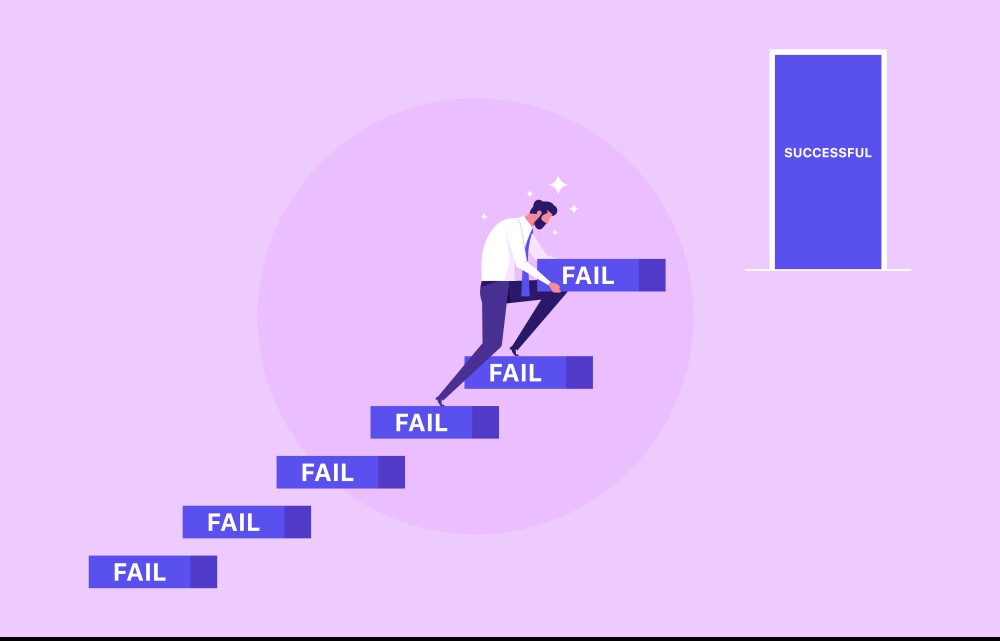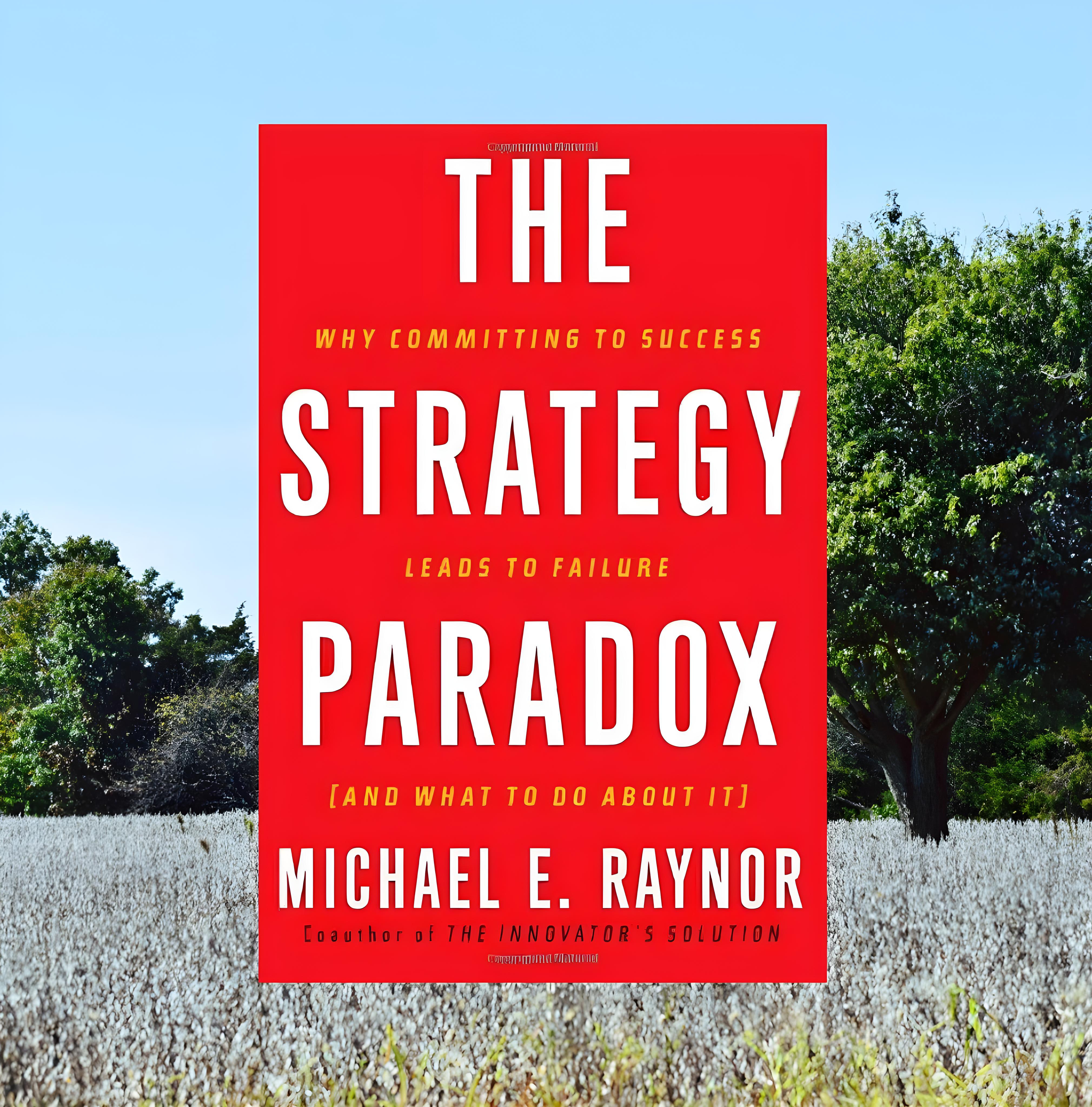Back
SHIV DIXIT
CHAIRMAN - BITEX IND... • 1y
📖 DAILY BOOK SUMMARIES 📖 🔗 DIRECT FREE E-BOOK DOWNLOAD LINK AVAILABLE — https://drive.google.com/file/d/1ZiiJi83NDYB6Ugp-U-G6HvTaZIhpA5N9/view?usp=drivesdk 🔥The Halo Effect 🔥 🚀 20 Lessons By 👉 ✨ By Phil Rosenzweig ✨ 1. The Halo Effect Defined: • Companies’ reputations are often influenced by their success, creating a “halo” that distorts objective analysis. 2. Attribution Errors: • We attribute positive traits to successful companies, even if these traits aren’t directly responsible for success. 3. Illusion of Correlation: • Success or failure often gets attributed to specific traits, but these traits don’t necessarily cause outcomes. 4. Performance Delusions: • Traits like “culture” or “leadership” are perceived as superior due to high performance, not objective measures. 5. The Delusion of Absolute Performance: • Performance is relative to competitors and market conditions, not absolute within a vacuum. 6. The Delusion of Lasting Success: • Success is often temporary; businesses must continually adapt to stay competitive. 7. Data Doesn’t Always Tell the Full Story: • Financial data alone can’t reveal why one company succeeds over another; context and insight are essential. 8. Beware of Success Stories: • Many business books and case studies are biased by the halo effect, overemphasizing certain factors. 9. The Narrative Fallacy: • We create stories to explain success or failure, but these narratives often simplify and overlook real complexity. 10. Leadership Illusions: • Leadership styles are judged by company outcomes, even though the link is often overstated. 11. The Innovation Trap: • Innovation is praised in successful companies, but other factors often contribute more heavily to their success. 12. Customer Focus Fallacy: • Customer-centricity is important, but it’s not a guaranteed formula for success. 13. Execution Over Strategy: • Execution is frequently emphasized in successful firms, yet strategy often plays a larger role. 14. The Illusion of Control: • Leaders are given excessive credit or blame, assuming more control over outcomes than they actually have. 15. Sampling Bias: • Studies often examine successful companies but ignore the actions of those that failed under similar conditions. 16. Actionable Insight Is Rare: • True insight into what drives business success is difficult to quantify and rarely straightforward. 17. Understanding Risks: • Risks are part of any strategy; not all good strategies lead to success, and failure doesn’t always imply poor strategy. 18. Learning from Failure: • Instead of copying successful companies, we can often learn more by examining failures. 19. Focus on Fundamentals: • Instead of chasing trends, companies should consistently build strong fundamentals like cost efficiency and customer value.

Replies (1)
More like this
Recommendations from Medial
Only Buziness
Everything about Mar... • 9m
“Brilliance by Association: How the Halo Effect Elevates Brands and Sales” The Halo Effect is a cognitive bias where our overall impression of someone or something influences how we feel about their specific traits. In business, this plays out when
See MoreVikas Acharya
Building Reviv | Ent... • 1y
day 1 - THE HALO EFFECT The Halo Effect is a type of cognitive bias where our overall impression of a person influences how we feel and think about their character or abilities. Here's a simple way to understand it: Imagine you meet someone who lo
See More
Only Buziness
Everything about Mar... • 4m
The Halo Effect is a psychological bias where our overall impression of a person or brand influences how we perceive their other qualities. In marketing, this means that if customers like one product or experience, they’re more likely to view the ent
See MoreSandeep Namasudra
Change is the only c... • 11m
Most Successful Entrepreneurs Failed. Will You? In the United States, the majority of successful entrepreneurs failed at least 3 times before achieving success. Statistics indicate that: ✅ First-time founders are only 20% successful ✅ Those who have
See More
Vipin Titoria
Entrepreneur | Build... • 11m
The mindset of highly successful people is not about talent alone—it’s about resilience, adaptability, and daily habits. By adopting their strategies, anyone can increase their chances of success. Start developing a growth mindset today and take the
See MoreDownload the medial app to read full posts, comements and news.













/entrackr/media/post_attachments/wp-content/uploads/2021/08/Accel-1.jpg)



















